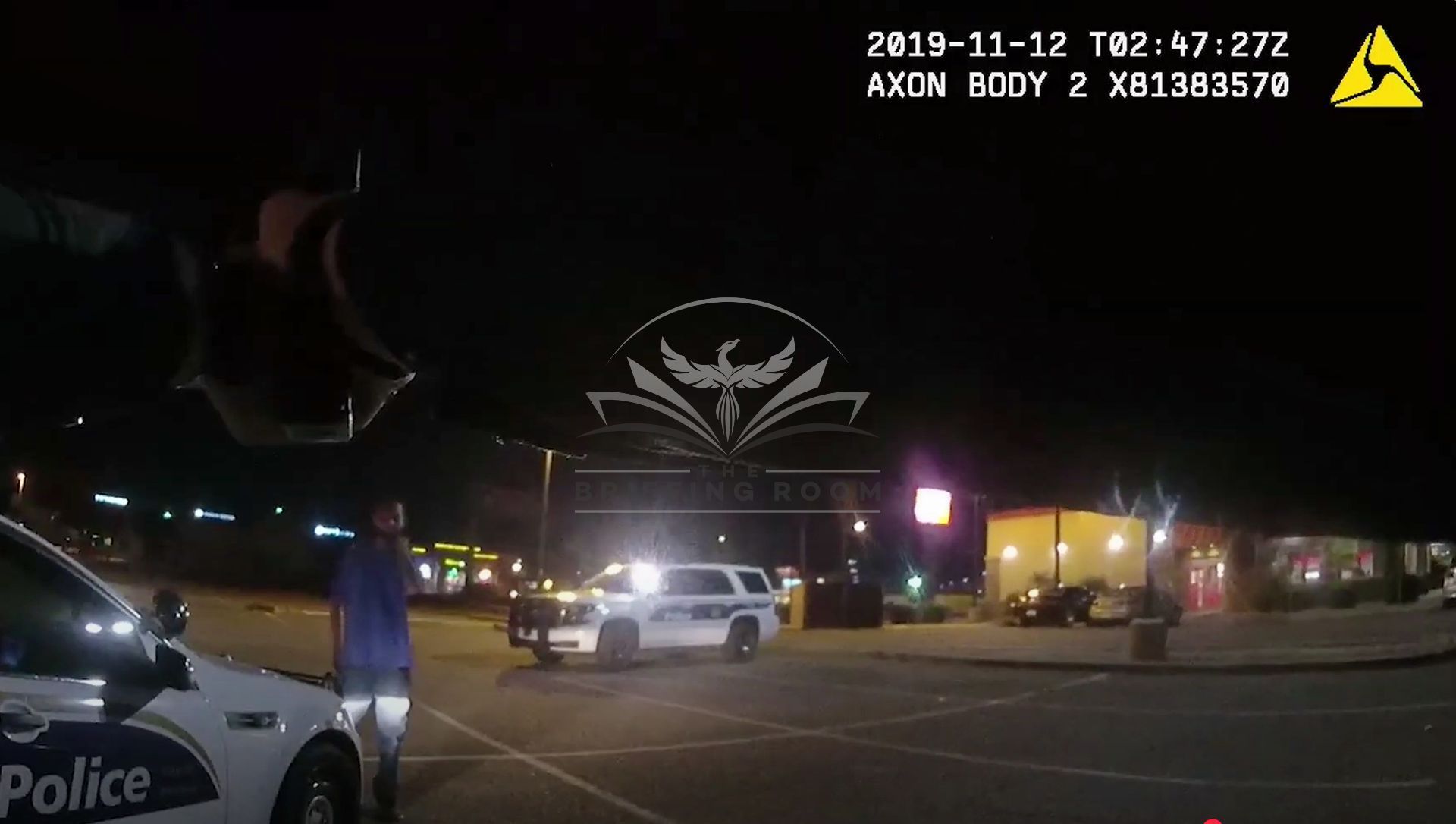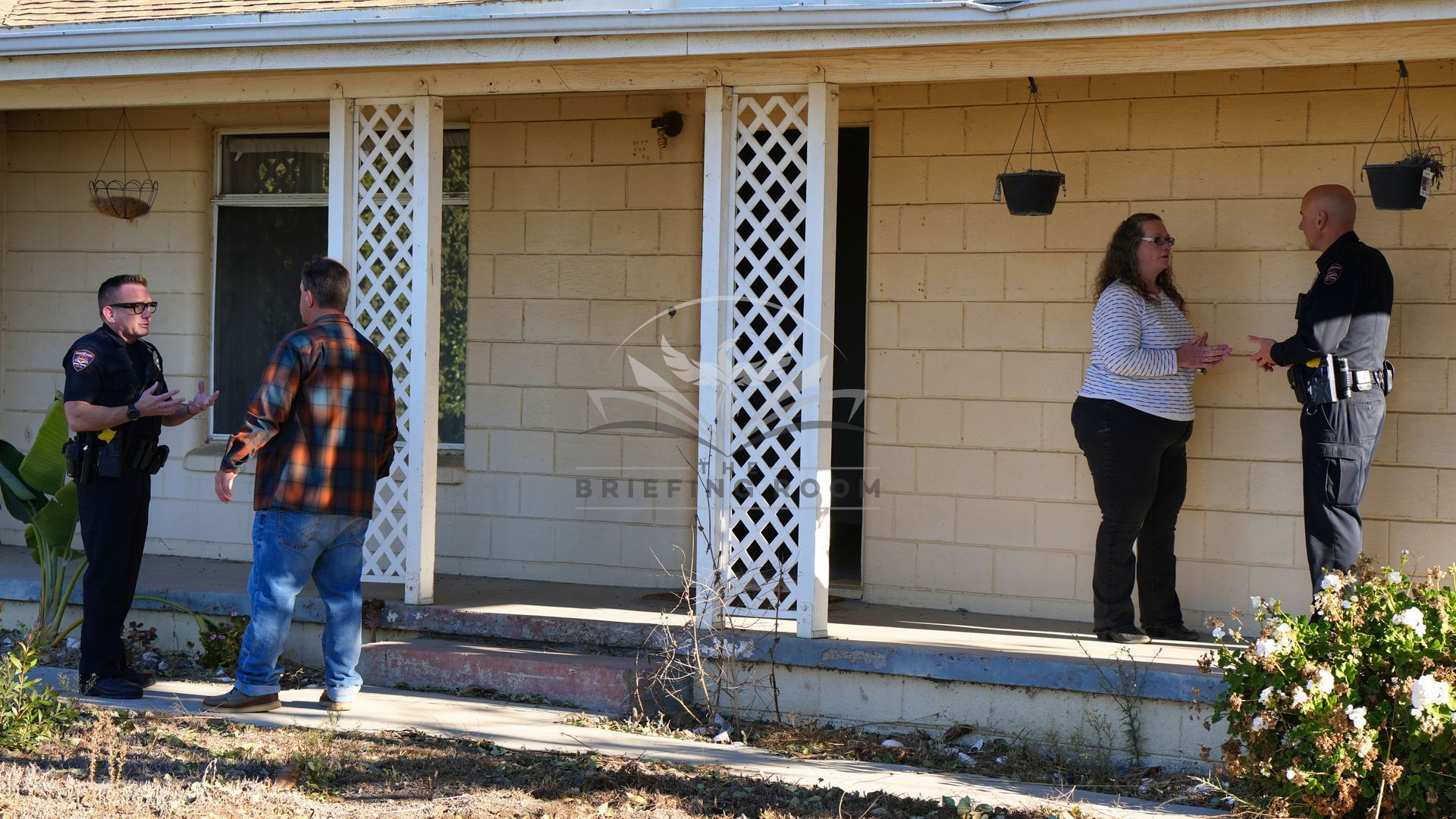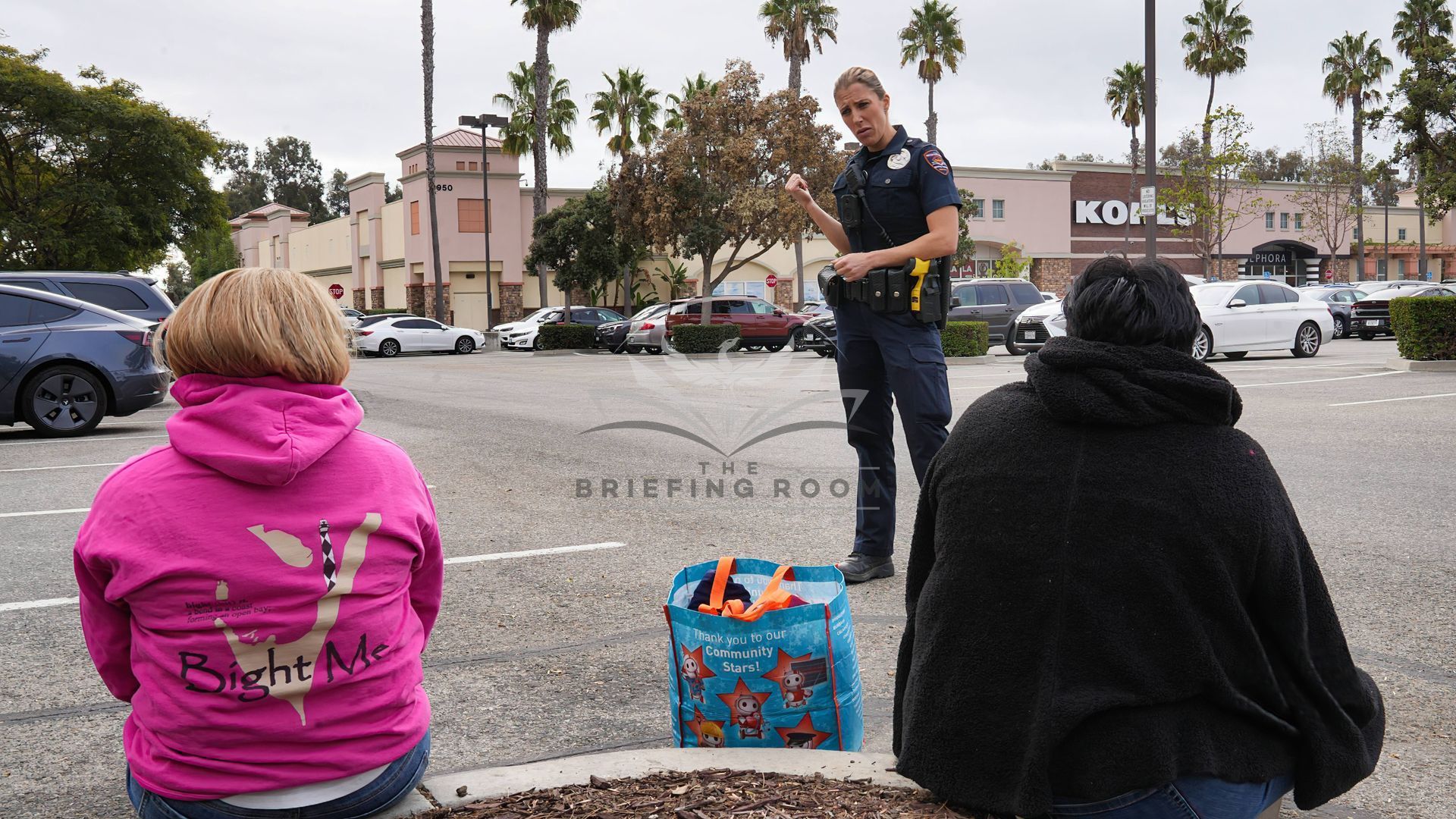Centralize Use of Force Matters Into One Review Unit

If your agency is like most others, use of force incidents only account for around .1 percent of your officer's contacts with the public. Even though that's a low number, use of force incidents are some of the highest liability incidents your agency faces.
Agencies can take a proactive approach to reducing lawsuits and injuries by centralizing use of force reviews into one team of officers that review every use of force that occurs. This practice helps ensure standards are upheld during use of force incidents, allows your instructors to adjust training to trends observed in real-world incidents and helps ensure proper internal and external procedural justice for your officers and community.
Even if you're not a large agency with the resources for a full-time review team, which most agency's aren't, you should assign two or more officers who are responsible for reviewing all use of force incidents and for making recommendations to improve your agency's policies and training. It's essential that this group is multi-disciplinary and all participants have a history of interest in use of force, defensive tactics or officer safety.
The circumstances that lead up to poor use of force incidents can be subtle so quality reviews require self-motivated, experienced instructors who can proactively identify tactics or techniques that could have improved the outcome or eliminated the use of force all together.
Your first action plan is to centralize all use of force matters into one incident review team.
The Briefing Room has a short training video available on this exact scenario so agency supervisors can easily train every officer in your agency on this essential topic.
www.TheBriefingRoom.com
90-Second Training Videos Your Supervisors Use During Briefing or Roll Call To Develop High-Performing Teams of Officers.
✅ Lower Liability
✅ Retain Officers
✅ Build Community Support
🌟 Produced Exclusively by Active-Duty Law Enforcement Instructors 🌟
This post is only offered as a discussion topic only and does not represent legal advice. Officers must refer to the laws in their own State as well as their agency's policies, which can be more restrictive on officers that the law requires.



